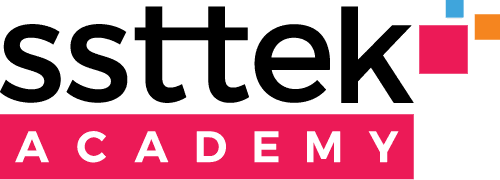Hard Skills vs. Soft Skills
The demand for a combination of hard and soft skills is escalating as employers’ expectations grow. In today’s evolving job market, the ability to merge technical expertise with interpersonal abilities is becoming increasingly valuable. Employers are seeking candidates who not only excel in specialized tasks but also possess the soft skills necessary to collaborate effectively and adapt to changing environments.
Hard skills include specific abilities such as:
– Programming languages (e.g., Perl, Python, Java, Ruby)
– Database management
– Expertise in software like the Adobe suite
– Network security
– SEO/SEM marketing
– Statistical analysis
– Data mining
– Mobile development
– User interface design
– Marketing campaign management
– Storage systems and management
Soft skills include qualities like:
– Integrity
– Dependability
– Effective communication
– Open-mindedness
– Teamwork
– Creativity
– Problem-solving
– Critical thinking
– Adaptability
– Organization
– Willingness to learn
– Empathy
Differences Between Hard and Soft Skills
Hard skills and soft skills serve distinct functions in the workplace. Hard skills are typically acquired through formal education or specific training programs. They encompass technical competencies such as operating machinery, using software, or handling other specialized tools. In contrast, soft skills are more nuanced and developed through practical experience and interpersonal interactions.

While hard skills are essential for executing job-specific tasks efficiently, soft skills are crucial for enhancing team dynamics and forging strong relationships with clients and stakeholders. In the professional realm, these two categories of skills are not only complementary but also fundamental to personal career development and organizational success.
Using Hard and Soft Skills Together
Balancing hard and soft skills is essential for achieving success in any professional setting. Hard skills, such as technical abilities, demonstrate proficiency in performing specific tasks. Soft skills, on the other hand, encompass capabilities like effective communication, empathy, and teamwork, which are equally critical.
A well-rounded approach to skill development significantly enhances job performance. For example, individuals possessing solely hard skills might face challenges in interpersonal communication, whereas those with predominately soft skills may struggle with technical tasks. The goal is to harmonize these skill sets for optimal effectiveness.
SSTTEK Academy bootcamps, including Front-end Development, Back-end Development, Business Analyst, Product Owner, and Digital Marketing, are meticulously designed to enhance hard and soft skills.These programs equip you with critical hard skills for resume such as coding, data analysis, and marketing strategies, alongside fostering indispensable soft skills such as communication, problem-solving, and teamwork. These comprehensive training experiences prepare participants to excel in the modern workforce.
Developing a balance between hard and soft skills is crucial for both individual and organizational success. Effectively nurturing these skill sets is key to ensuring future readiness and achieving sustained growth. This holistic approach to skill development enhances personal competencies and strengthens the organization’s overall fabric.



